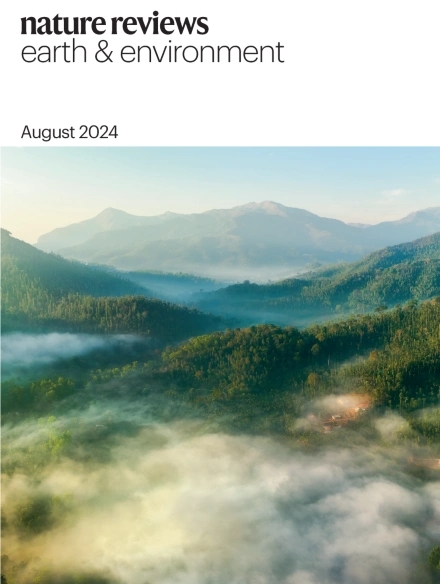Please find all scientific publications of IGB under > scientific publications
For more detailed information please refer to our > library catalogue
1 - 10 of 52 items
- Programme area:2) Ecosystem Services for a Sustainable Future
October 2025
JGR Biogeosciences. - 130(2025)10, Art. e2024JG008549
From Soil to Sediment: Bedform Migration Shapes Microbial Communities From Eroding Bank Soil During Terrestrial–Aquatic Regime Shift
Anna Oprei; Insa Franzmann; José Schreckinger; Michael Mutz; Ute Risse-Buhl
The authors tested the impact of simulated ripple migration on two types of river sediment, namely aquatic sediment and incoming soil from eroding riverbanks, and compared them to stationary conditions in a microcosm experiment. Ripple migration influences community dynamics and microbial metabolism and decelerates the colonization of incoming soil from eroding riverbanks.
September 2025
Nature Reviews : Earth & Environment. - 6(2025), S. 629–631
Persistent inequities in global lake science
Qingsong Jiang; Yanxin Sun; Erik Jeppesen; John P. Smol; Donald Scavia; Robert E. Hecky; Thomas Mehner; Yue Qin; Yindong Tong; Boqiang Qin; K. David Hambright; Xiaowei Jin; Jincheng Li; Kaikui Cai; Zhen Wu; Yong Liu
The study shows that, of the approximately 2,500 lakes that had been scientifically investigated by 2020, around 50 per cent were located in North America, 21 per cent in Asia, and 16 per cent in Europe. In contrast, lakes in Africa, South America and Oceania have been much less researched.
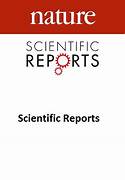
July 2025
Scientific Reports. - 15(2025), Art. 23700
Morphological and molecular assessment of muscle metacercariae infecting tench Tinca tinca from fish farms and wild populations in Germany
Claudina Mata-Marcano; Matthias Stöck; Klaus Knopf
June 2025
Trends in Ecology and Evolution. - 40(2025)8, 736-739
Nocturnal pandas: conservation umbrellas protecting nocturnal biodiversity
Gregor Kalinkat; Andreas Jechow; Sibylle Schroer; Franz Hölker
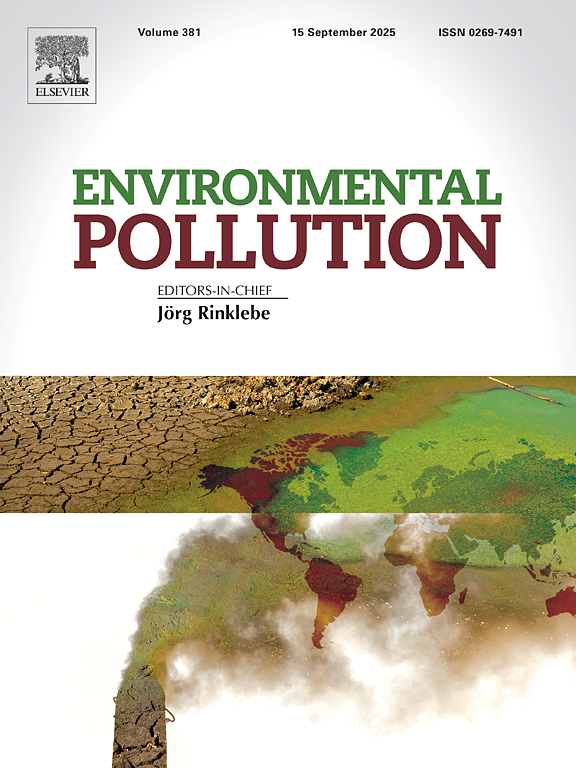
June 2025
Environmental Pollution. - 381(2025), Art. 126593
Impact of artificial light at night (ALAN) on cardiac function and acute oxidative stress physiology in migratory brown trout smolts
Sophia Schumann; Velizara Stoilova; Enrico Bortoletto; Elisabetta Piva; Sara Pacchini; Gloria Mozzi; Andreas Jechow; Andrea Marion; Daniela Bertotto; Ann Erlandson; Franz Hölker; Larry Greenberg; Gianfranco Santovito
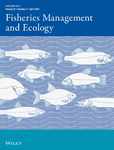
April 2025
Fisheries Management and Ecology. - 32(2025)4, 2-10
Three Decades of World Recreational Fishing Conferences: What Have We Learned About the Dynamics of Recreational Fisheries?
Valerio Sbragaglia; Robert Arlinghaus; Faith Ochwada-Doyle; Holly S. Embke; Lucas P. Griffin; Taylor L. Hunt
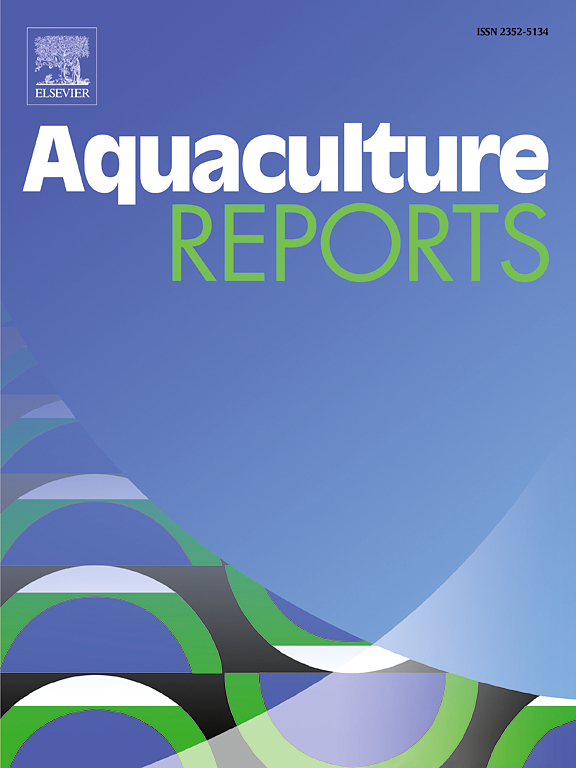
March 2025
Aquaculture Reports. - 42(2025), Art. 102732
European perspectives on Litopenaeus vannamei aquaculture: An expert’s survey
Paolo Gamberoni; Sven Wuertz; David Bierbach; Mirko Bögner; Matthew James Slater
March 2025
Conservation Letters. - 18(2025)2, Art. e13083
What Is(n’t) Environmental Stewardship? Eliciting Unspoken Assumptions Using Fisheries as a Model
Abigail S. Golden; William N. S. Arlidge; Chelsey Crandall; Elias Ehrlich; Lotte van den Heuve; Thomas Klefoth; Sophia Kochalski; Kai Lorenzen; Valerio Sbragaglia; Christian Skov; Paul Venturelli; Robert Arlinghaus; Samuel Shephard
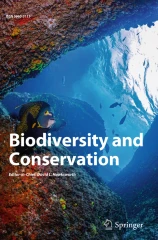
March 2025
Biodiversity and Conservation. - 34(2025), 1833–1855
Rare fish species in European lakes – patterns and processes
Thomas Mehner; Christine Argillier; Teresa Ferreira; Kerstin Holmgren; Erik Jeppesen; Fiona Kelly; Teet Krause; Mikko Olin; Pietro Volta; Ian J. Winfield; Sandra Brucet
February 2025
Scientific Reports. - 15(2025), Art. 6237
Shedding light on dark taxa: exploring a cryptic diversity of parasitoid wasps affected by artificial light at night
Manuel Dietenberger; Andreas Jechow; Manuela Sann; Franz Hölker



